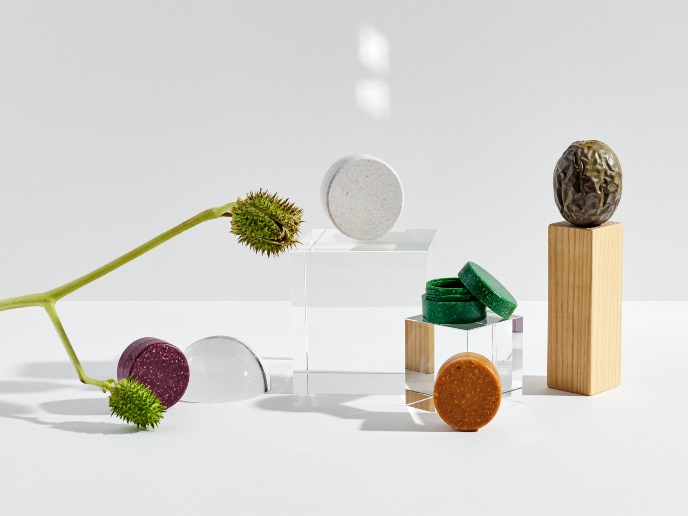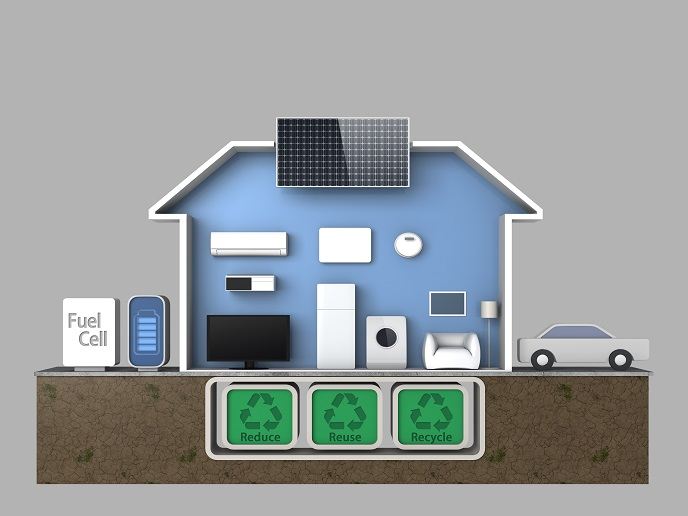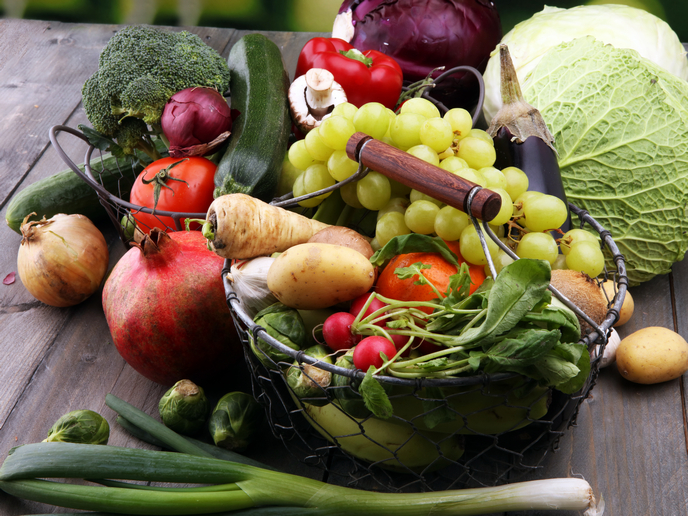Biodegradable wood-based material helps solve plastics pollution
The use of plastic in packaging is having a serious impact on the global environment. Until recently, there was no ideal alternative to plastic available on the market as current biodegradable bioplastics do not provide feasible solutions regarding cost and functionality, and non-biodegradable bioplastics pollute the world with microplastics(opens in new window). The EU-funded SULACHANGE project addressed this challenge, developing an industrially compostable product that can be mass produced using existing plastics machinery. The material, known as Sulapac(opens in new window), is made from wood chips derived from wood industry byproducts and responsibly sourced plant based binders. Sulapac is specifically designed to reduce pollution. “If it accidentally ends up in the ocean, it biodegrades completely, leaving behind no permanent microplastics and therefore does not, by accumulation, interfere with plankton growth. If it is incinerated, it releases fewer toxic gasses and CO2 than convectional plastics like polypropene,” states Suvi Haimi, CEO and co-founder of Sulapac Ltd.
A major breakthrough
The renewable wood-based substance has a low carbon footprint(opens in new window), yet is similar to conventional plastic in terms of price, formability and functionality. “Cost-effectiveness is important when sustainable alternatives are compared to conventional plastics. Sulapac is also water, oil and oxygen resistant, making it suitable for the mass manufacturing of rigid and flexible packaging, such as for jars and tubes,” Haimi explains. In addition to dry substances, a range from oil and wax-based products to water- and alcohol-based food and cosmetics can now be packaged in Sulapac. “The development of a bio-based, biodegradable barrier material for water and alcohol-based products is a breakthrough for the food and cosmetics industry,” notes Haimi. The material meets the European Food Contact Regulations(opens in new window) as it is stable and resistant to leakage, making it suitable for long-term storage in terms of chemical and food safety. It is not ecotoxic, does not contain heavy metals and meets European standards for bioplastics, such as EN 13432(opens in new window). “These qualities are essential for all of our products as it is crucial that Sulapac is safe for both people and the planet,” comments Haimi.
No need to compromise
Since the material is so flexible, it can be shaped to create thin-walled structures and products other than packaging, such as cutlery and straws. Millions of disposable straws are currently used every week, and unfortunately, many of them end up in the environment. Sulapac offers an environmentally friendly alternative to help solve this problem. Researchers developed several pilots within the food and cosmetics industries to demonstrate that Sulapac is suitable for a wide variety of applications. As a result, two new products have already been launched: one with a well-known Finnish food and confectionary company, for the packaging of hand-made confectionery, and another with a food supplement company. More collaborations are expected to be announced in the near future. Sulapac offers brands an efficient, cost-effective transition to the circular economy, setting a new sustainable industry standard. “Our solution is a beautiful and functional biomaterial that is suitable for various applications, from fast-moving consumer goods to luxury packaging,” Haimi points out. “You don’t have to compromise on aesthetics, functionality or sustainability when you replace conventional plastics. Viable, sustainable alternatives are now available. There is hope for a better future.”







